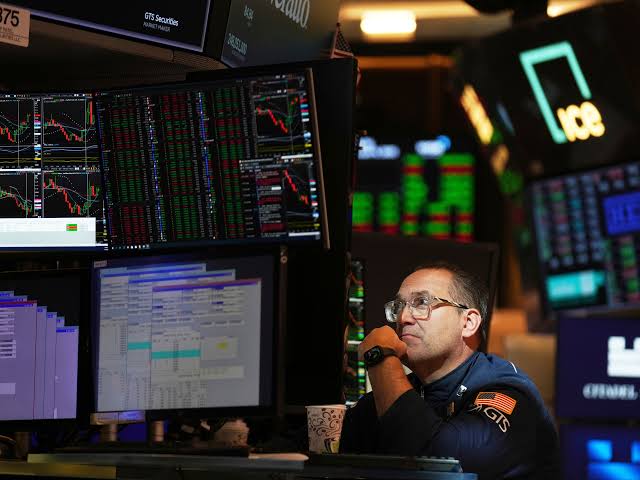Iran’s President Masoud Pezeshkian expressed skepticism on Monday regarding the United States’ genuine intentions in pursuing negotiations with Tehran. This statement came as large crowds gathered nationwide, many chanting “Death to America,” to commemorate the anniversary of the 1979 Islamic Revolution.
Last week, U.S. President Donald Trump reinstated his “maximum pressure” strategy aimed at reducing Iran’s oil exports to zero, a move intended to prevent Tehran from acquiring nuclear weapons. Despite this, Trump indicated his desire for a verifiable nuclear peace agreement with Iran and showed openness to discussions with Pezeshkian, who previously asserted that it would be straightforward to confirm Iran’s non-development of nuclear arms.
During a televised address at Tehran’s Azadi (Freedom) Square, Pezeshkian adopted a confrontational stance, questioning, “If the U.S. truly wanted negotiations, why impose sanctions on us?” He emphasized that while Iran does not seek conflict, it will not succumb to external pressures.
Iranian state television broadcast images of hundreds of thousands participating in the anniversary rally, which the clerical leadership promoted as a demonstration of unity in the face of increasing pressure from the U.S. and Israel. Protesters chanted slogans such as “Death to America” and “Death to Israel,” echoing the chants from the revolution that ousted the U.S.-backed Shah and brought the Shi’ite clergy to power.
State media featured a provocative image of Israeli Prime Minister Benjamin Netanyahu and Trump in prison uniforms inside a metal cage, while another showed demonstrators hanging an effigy of Trump. On Friday, Iran’s Supreme Leader Ayatollah Ali Khamenei remarked that engaging in talks with the U.S. was “not smart, wise, or honorable,” although he refrained from reinstating the ban on direct negotiations with Washington that was established during Trump’s first term in 2018.
During his previous administration in 2018, Trump abandoned the 2015 nuclear agreement with Tehran and reinstated sanctions that severely impacted Iran’s economy.
On Monday, Iran’s currency plummeted to a record low of 932,500 rials per dollar in the unofficial market, a significant drop from 869,500 rials on Friday, as reported by the foreign exchange platform alanchand.com.
Last month, Rafael Grossi, the head of the U.N. nuclear watchdog, informed Reuters that Iran is “pressing the gas pedal” on its uranium enrichment efforts, approaching weapons-grade levels. Despite violating the nuclear limitations set by the 2015 agreement, Iran maintains that its nuclear program is solely for peaceful purposes.
“Iran will not engage in negotiations under pressure and coercion unless it is prepared to capitulate, particularly given the history of unmet commitments from Washington,” stated Iranian Foreign Minister Abbas Araqchi during an interview with state television.





